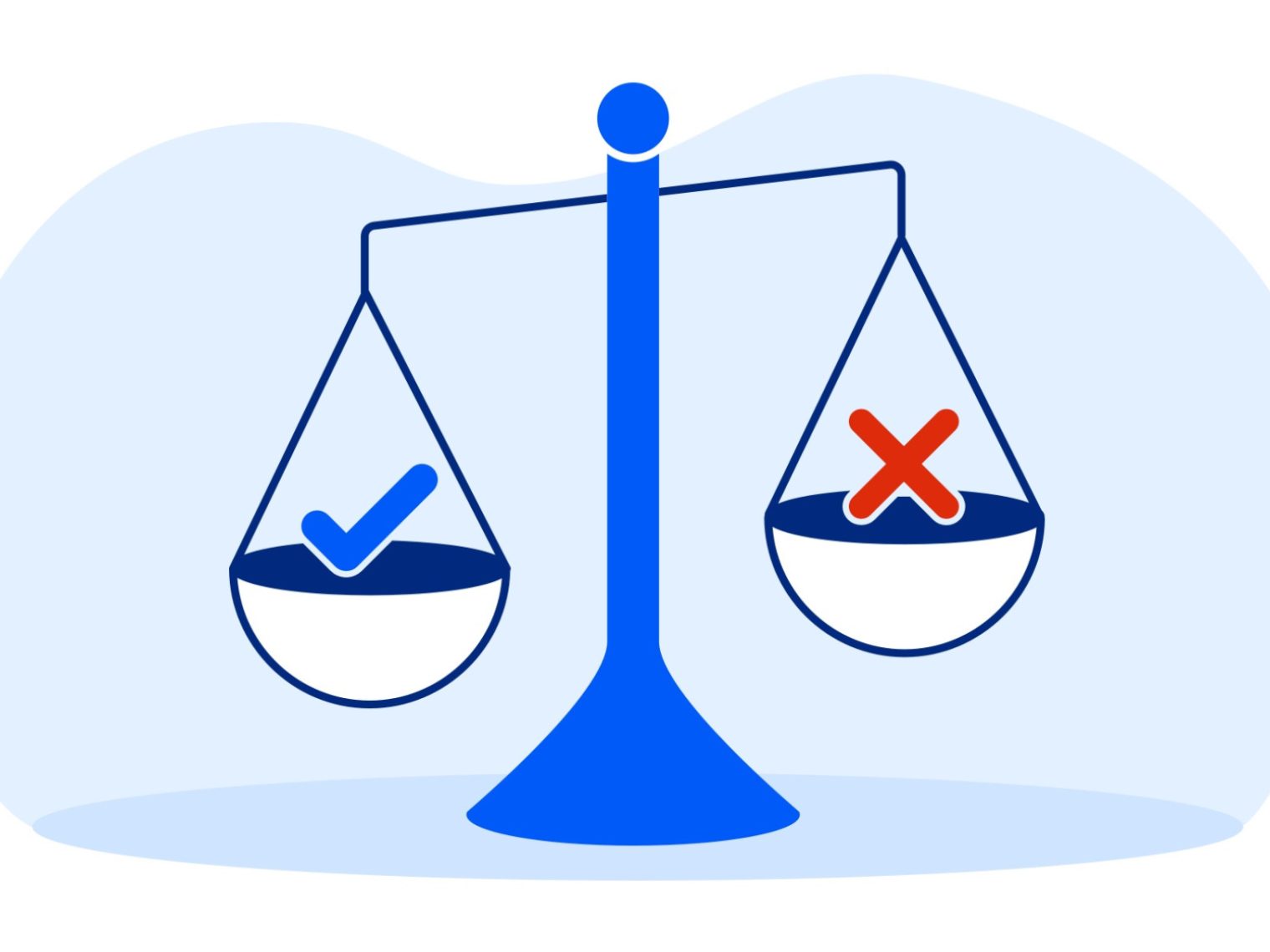First-time VA homebuyers run into a lot of new words and phrases as they begin the purchase process. One of the most unfamiliar is "escrow," a concept that many people don't encounter outside the mortgage industry. But it's an important part of the closing process that Veterans should understand from the outset.
What is escrow?
Escrow is basically depositing money with one entity that will deliver it to another upon the completion of a transaction or a set of conditions. It's a way to safeguard your investment while showing you're able to deliver on a financial promise.
A mortgage escrow account starts when your loan closes and remains in effect throughout the duration of your loan. By establishing escrow accounts, your mortgage servicer is able to collect one-twelfth of the total amount for these yearly expenses, along with your monthly principal and interest payment. This is why your monthly payment is often referred to as PITI: Principal, Interest, Taxes and Insurance.
Escrow accounts collect a smaller monthly amount, so you don't have to come up with a large sum of money all at once to pay off your mortgage insurance premiums.
Do VA loans require escrow?
The answer to this question is the same you'll get when inquiring about a lot of other VA loan requirements: No, the government doesn't require escrow funds, but your mortgage lender likely will. Much of the reason why is security on the lender's part – having you deposit funds in escrow ensures you're actually paying your homeowners insurance and property taxes.
Establishing Escrow for VA Loan Taxes and Insurance
To establish your escrow accounts, a certain amount is collected at closing. In general, three months worth of property taxes and three months of homeowners insurance are collected to establish these accounts.
A full year of homeowners insurance will also be included in your closing costs as a prepaid item, since the first year's policy premium is due upfront. When calculating closing costs, it may be easier to just factor in 15 months of homeowners insurance premiums to cover the upfront cost as well as the escrows.
Property Taxes
Property taxes can vary greatly by state, county or region. Due to the variances in property taxes from location to location, it's important to send your VA lender the address of any property before you make an offer to ensure that you still meet residual and debt-to-income (DTI) ratio guidelines.
Homeowners Insurance
Homeowners insurance is insurance that provides protection against potential loss or damage to your home. Unlike property taxes, which are set in stone, you can shop around for the best deal on homeowners insurance. If you choose to purchase a home in a flood zone, you will also have to purchase flood insurance to protect your investment from flood damage.
You can also look at bundling auto, life and home to get bigger discounts. It's important to notify your VA lender of the estimates you are receiving for insurance so that they can compare the cost to their current estimated figures. This will provide your VA lender the opportunity to recalculate your DTI ratio to ensure you're still meeting all loan requirements and can proceed without a hitch.
It's possible that the home you purchase will require additional escrow accounts for expenses such as homeowners association dues. As these are on a case-by-case basis, you should consult with your VA lender to determine if you will require any additional escrow accounts.
Questions about escrow or any other part of the buying process? Talk with a Veterans United VA Loan Expert anytime at 855-870-8845.
Related Posts
-
 VA Renovation Loans for Home ImprovementVA rehab and renovation loans are the VA's answer to an aging housing market in the United States. Here we dive into this unique loan type and the potential downsides accompanying them.
VA Renovation Loans for Home ImprovementVA rehab and renovation loans are the VA's answer to an aging housing market in the United States. Here we dive into this unique loan type and the potential downsides accompanying them. -
 Pros and Cons of VA LoansAs with any mortgage option, VA loans have pros and cons that you should be aware of before making a final decision. So let's take a closer look.
Pros and Cons of VA LoansAs with any mortgage option, VA loans have pros and cons that you should be aware of before making a final decision. So let's take a closer look.

